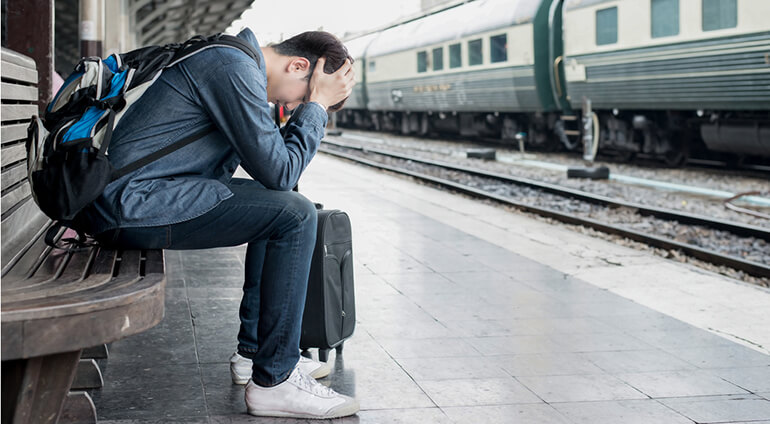Everyone has either experienced or knows someone who has experienced mental health issues. This might mean severe anxiety, depression, a manic episode, or something else. According to Mental Health America, over 44 million adults have a mental health condition, while 9 million report still needing help. The numbers are even more sobering for young people; 62% of youth with Major Depressive Episode (MDE) are not getting treated. Cost is often a part of that gap, though even among those who are receiving counseling or medication, it just isn’t enough. For those who need extra help or are not insured, here’s a list of the best affordable or free mental health resources out there:
The National Suicide Prevention Lifeline
If you find yourself in a crisis situation and dealing with thoughts of self-harm or suicide, call the National Suicide Prevention Lifeline. The 24/7 line is free and confidential. For immediate help, call 1-800-273-8255, a number which is also the title of a hit song written to draw attention to mental illness. The hotline can also help with finding a local therapist, support group, or other resources. If you aren’t in a crisis, you can go to their website for information on healing your mental state through support networks, monitoring your emotions, and so on.
The Association of Psychology Training Clinics
Before they become “official” psychologists, grad students have to put in a certain number of hours. This means therapy sessions are significantly discounted, sometimes even free. A licensed psychologist supervises the student therapists. To find someone in your area, head over to the APTC website.
Open Path
This nonprofit opened in 2013 and dedicates itself to helping low and middle-income individuals and families find affordable therapy. They’ve partnered with licensed mental health professionals throughout the country, and will match clients with therapists offering sessions for $30-$50. To join, you pay $49 lifetime membership fee, which is a one-time payment. This gives you access to thousands of therapists as long as you need affordable mental healthcare. OpenPath is intended for those without insurance or who are underinsured.

According to Mental Health America, over 44 million adults have a mental health condition, while 9 million report still needing help.
Anxiety Coach
Released by the Mayo clinic and developed by anxiety experts, the smartphone app uses techniques based on cognitive behavioral therapy. That’s significant because CBT is the most effective treatment for anxiety. The idea is that a patient gradually confronts their fears, essentially desensitizing themselves and building confidence. The app provides guidance using exercises, an anxiety tracking system, and progress gauge. The app tackles disorders like chronic shyness and OCD. It costs $4.99.
Recovery Record
Totally free and with great user reviews, RR helps those struggling with eating disorders. It uses CBT techniques and makes it easy to record your meals and thoughts. Users can boost their confidence with images of meditation and affirmation, and send encouraging messages to others on the app. A study done on the app in 2017 showed that most patients responded positively. Ideally, a patient would use the app with a trained clinician who could offer more personalized assistance.
——-
Two of these treatments were smartphone apps. There are lots of other technological advances being made in the mental health field. Could video games be an effective method?




